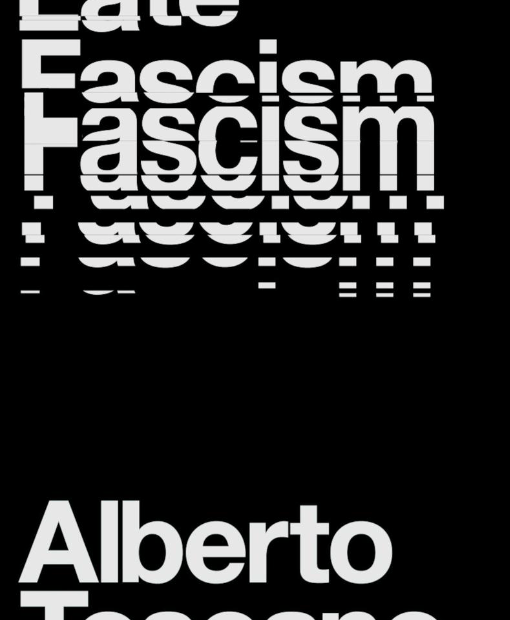Source article originally published on
Article Summary and/or Excerpt:
In 1976, the philosopher Herbert Marcuse wrote that “American fascism will probably be the first which comes to power by democratic means and with democratic support.” A few years earlier, in a series of letters between Black Panther George Jackson, Angela Davis and Jackson’s attorney John Thorne, Jackson wrote: “Fascism was the product of class struggle. It is an obvious extension of capitalism, a higher form of the old struggle — capitalism versus socialism. I think our failure to clearly isolate and define it may have something to do with our insistence on a full definition — in other words, looking for exactly identical symptoms from nation to nation. We have been consistently misled by fascism’s nationalistic trappings.” (Blood in My Eye)
Both of these statements are fundamental to the discussion of contemporary fascism that is the essence of Alberto Toscano’s recent book titled Late Fascism. As the world watches the potential re-election of Donald Trump to the White House, the genocidal war against the Palestinians being waged by Israel with full support from the United States and the Biden administration, and the ongoing popularity of numerous far right movements around the globe, the question of fascism is both relevant and frighteningly current. Despite this, there seems to be no generalized understanding of fascism’s modern manifestations or how to fight and prevent its potential rule, especially in the so-called West.
